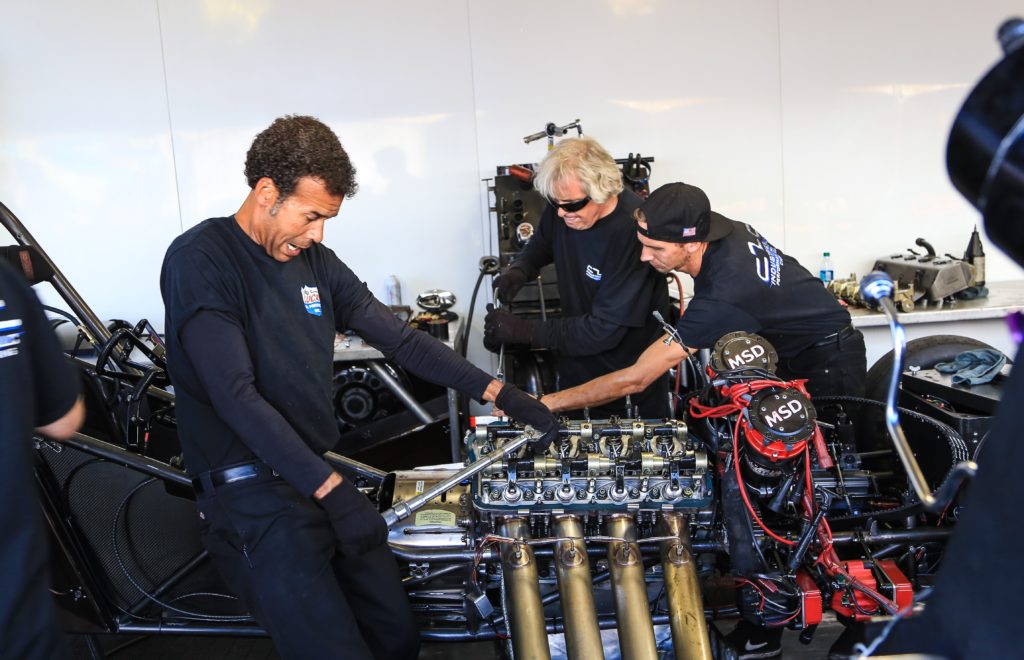Automotive Technician Schools
Automotive Technician vs. Mechanic

Differences between Automotive Technicians and Mechanics:
While both automotive technicians and mechanics work to diagnose and repair issues with vehicles, there are notable differences between the two professions.
Education and Training:
Automotive technicians typically complete vocational or technical training programs, which may last anywhere from six months to two years. These programs teach students the skills necessary to diagnose and repair vehicles using modern technology and equipment. Mechanics, on the other hand, may learn their craft through on-the-job training or by completing an apprenticeship program.
Job Duties:
Automotive technicians typically focus on diagnosing and repairing issues with vehicles, while mechanics may also perform maintenance and installation tasks. Additionally, mechanics may have a broader scope of knowledge and skills when it comes to mechanical systems and may be able to work on a wider variety of vehicles.
Tips for Choosing Between Automotive Technician or Mechanic Career:
Here are some helpful tips for anyone considering a career as an automotive technician or a mechanic:
- Consider your interests and strengths in relation to the job duties of each position
- Research and attend trade schools or vocational programs that specialize in the field that you are interested in
- Look for internships or apprenticeships that can provide hands-on training while you learn
- Speak with professionals in the industry about the pros and cons of each career path
Ideas and How-to for Automotive Technicians and Mechanics:
Whether you are an automotive technician or a mechanic, continuous education and training are necessary to stay up-to-date with the latest technologies and industry trends.
Continuing Education:
Continuing education classes and certifications can help technicians and mechanics stay informed about new technologies and advancements within the industry. Many technical schools and community colleges offer courses and programs in electrical systems, computer technology, and automotive design.
Specialization:
Specializing in a particular automotive system or brand can help technicians and mechanics stand out in the job market. For example, Lexus or BMW certified technicians may be in higher demand in luxury car dealerships, while diesel mechanics may specialize in larger semi-trucks and heavy machinery.
Frequently Asked Questions:
What is the typical salary for automotive technicians and mechanics?
According to the Bureau of Labor Statistics, automotive technicians and mechanics earned a median annual salary of $44,050 in May 2020. However, this can vary depending on experience, location, and qualifications.
What type of work environment do automotive technicians and mechanics typically work in?
Automotive technicians and mechanics may work in a variety of settings, including dealerships, repair shops, and service facilities. Some may also work for government agencies or transportation companies.
What type of education is required to become an automotive technician or mechanic?
Many automotive technicians and mechanics complete vocational or technical training programs, which may last anywhere from six months to two years. Some may also learn through on-the-job training or apprenticeships.
What are some of the skills needed to be successful as an automotive technician or mechanic?
Successful automotive technicians and mechanics should have strong analytical skills, knowledge of computer systems and software, hand-eye coordination, and problem-solving abilities.
What is the job outlook for automotive technicians and mechanics?
According to the Bureau of Labor Statistics, employment of automotive technicians and mechanics is projected to grow 4% from 2019 to 2029, about as fast as the average for all occupations. The need for skilled technicians and mechanics is expected to increase as more complex vehicles require advanced technology and repair procedures.